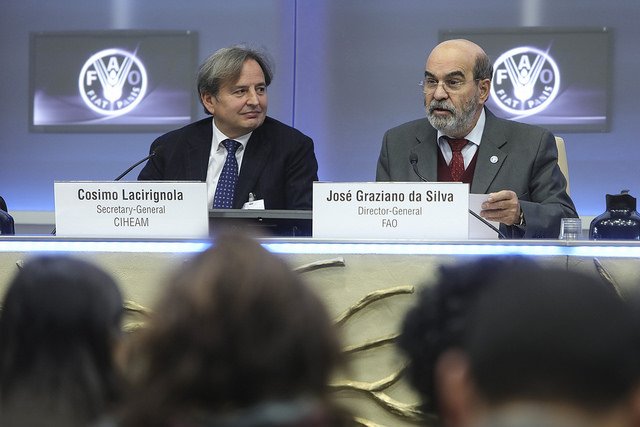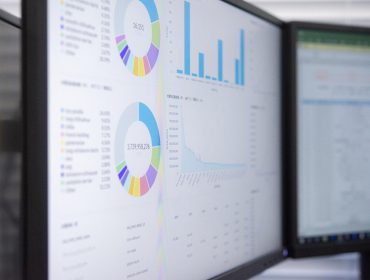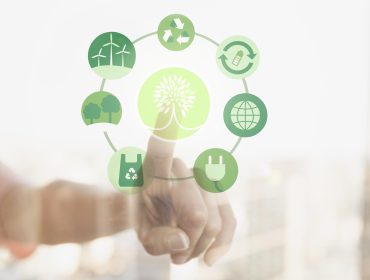
Mediterra 2016. Zero Waste in the Mediterranean
Natural Resources, Food and Knowledge
ROME, December 5th, 2016 – Presented in Rome the 5th of December during the FAO Council 155th Session, the 2016 UNFAO-CIHEAM Joint edition of Mediterra offers an innovative and prospective approach on the issues of TRIPLE WASTE reduction including agricultural losses, waste of natural resources and waste of knowledge and knowhow. This Report features a collection of shared expertise and local experiences in the Mediterranean region. It provides the keys to reading and solutions for action targeting policy-makers, development operators, professionals and researchers.
Agriculture and food security are two major global challenges. Situated at the heart of the new Sustainable Development Goals (SDGs), they raise several strategic issues for countries and international cooperation. ‘Produce more and better’, such is the equation to help address the challenges related to population growth, changing consumption patterns and scarcity of natural and financial production resources. In this context, the reduction of agricultural losses and food waste has become a priority.
Publisher: Presses de Sciences Po, Paris
Organization: Centre international de hautes études agronomiques méditerranéenne (CIHEAM)
Other organizations: Food and Agriculture Organization of the United Nations (FAO)
Year: 2016
ISBN: 978-2-7246-2031-3
Geographical coverage: Europe and Central Asia, European Union (European Union), Near East and North Africa
Full text available at: http://www.ciheam.org/uploads/attachments/333/Mediterra2016_EN_BAT__1_.pdf
Content language: English
Type: Report

Related Post
First Report by the Observatory on...
The First Report by the Observatory on SMEs and Capital Markets highlights that Italian SMEs increasingly see capital markets as an opportun...
OpenAI launches new AI Accelerator for...
OpenAI has launched the EU Economic Blueprint 2.0, introducing a new set of initiatives aimed at accelerating AI adoption across Europe and ...
SME climate finance stocktake: Turning ambition...
Small and medium-sized enterprises are vital to global climate action, yet access to green finance remains a major barrier to scaling their ...





